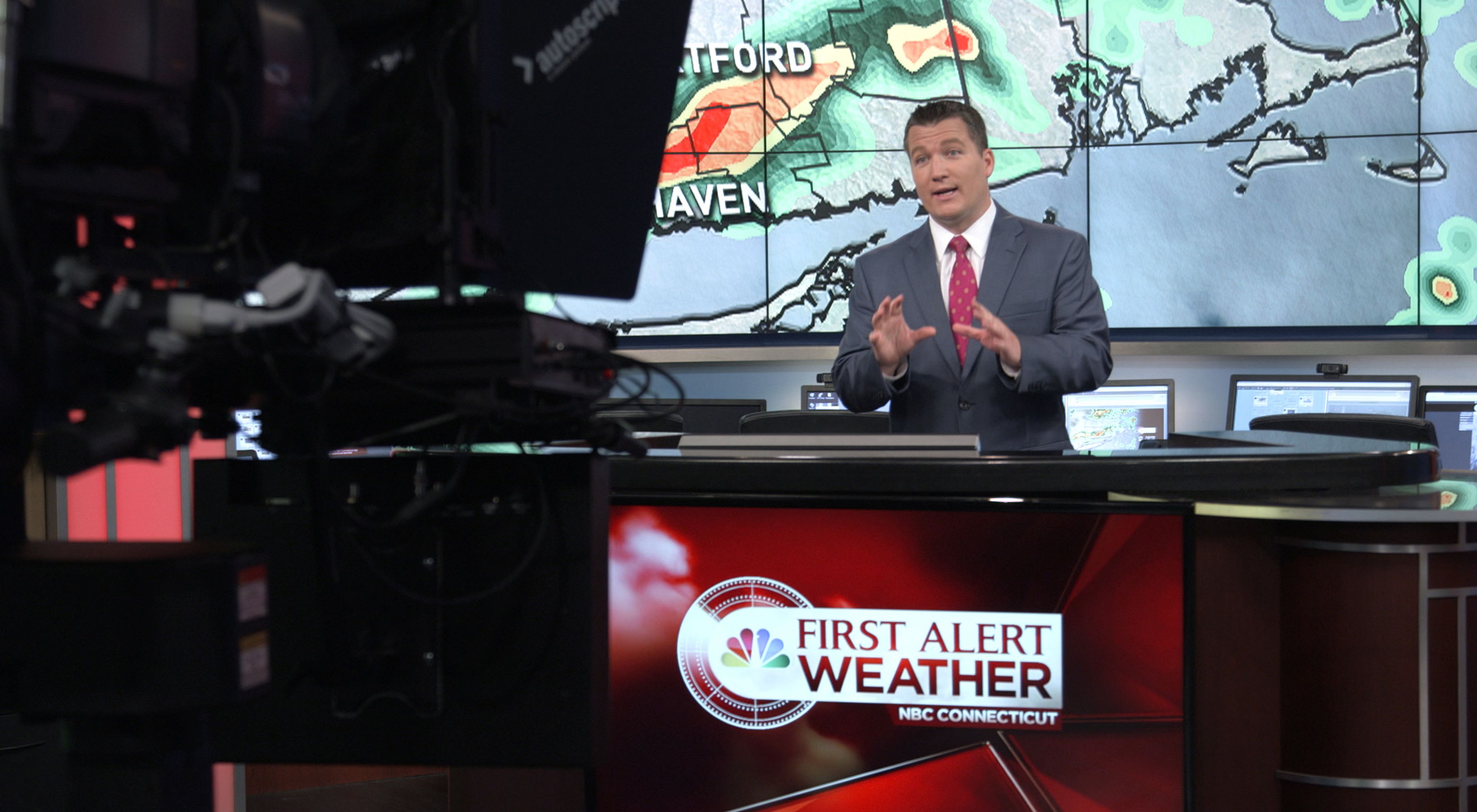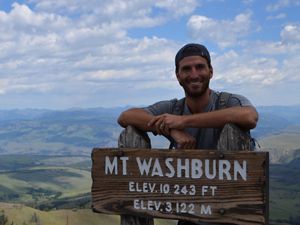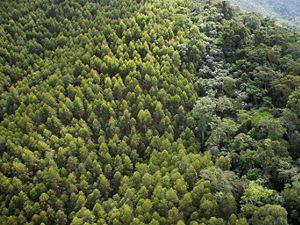NBC Connecticut Chief Meteorologist Ryan Hanrahan Talks Climate
Hanrahan shares his thoughts on climate and listening to science.
NBC Connecticut Chief Meteorologist Ryan Hanrahan loves weather, science and a good snowstorm! He also often uses his forecasts to explain the impacts of climate change and how it differs from the day-to-day changes in our weather. We wanted to learn more about what motivates him to use his platform to engage people and move Connecticut to act.

What led you to a career in meteorology?
I've been interested in meteorology since I was a little kid. Growing up in Guilford I loved nor'easters and hurricanes and did whatever I could to learn more. I knew from a young age I wanted to go to school to be a meteorologist and I'm able to live my dream every day.
Is there something about the field you think would surprise a lot of people?
I think one thing that is a surprise to people is how good weather forecasts have gotten over the last 10 or 20 years. When I started 15 years ago at NBC Connecticut storms would routinely sneak up on us a day or two out. Now, it is unusual that we don't see a storm coming 4 or 5 days out. The progress has been rapid and what we're able to see coming ahead of time is remarkable - especially compared to how primitive things were a few decades ago.

We all know the old Mark Twain saying that in New England “if you don’t like the weather now, wait a few minutes.” What does account for the dramatic seasonal differences in our region?
Most regions of the country like to claim that their weather is the most changeable! In New England the presence of the Gulf Stream offshore helps create the temperature difference in the atmosphere needed to produce powerful coastal storms in the winter.
You highlight research on social media that shows Earth warming significantly over the past decade, and you assert it’s human-caused. What do you say to people who are skeptical?
It's sad to see a rising level of skepticism of science in general across many disciplines and not just climate change. I think it's important to keep the message local and show people how things are changing whether it's Long Island Sound or the changing growing season inland. It's easier for people to relate to things they see in their backyard than talking about the loss of Arctic sea ice. I stick to the science as much as possible and leave it to others to figure out how we come together as a planet to solve this crisis.
Connecticut Snow History
-
48.0
Average Inches of Snowfall Per Year (Hartford)
-
25.7
Winter 2019-2020 Totals (Hartford)
-
177.4
Record Snowfall in CT in inches (1955-1956)
It’s been a pretty snowless winter to date. For those of us who like winter, what’s the record high seasonal snowfall for any town in Connecticut?
This winter has been a depressing one for snow lovers. The biggest winter snow total recorded was the winter of 1955-1956 winter where 177.4" of snow fell at the Great Mountain Forest in Norfolk.
If there’s any one takeaway from our conversation, what would you want it to be?
Scientists across the state really need to work in tandem to help inform people in Connecticut about the risks climate change pose. Whether it's rising sea levels, more intense rainstorms, or shifting growing seasons we're really moving into uncharted territory here. I used to be more optimistic about coming up with a global consensus to tackle these big issues but now I worry that we're just fighting a losing battle—I hope I'm wrong.


